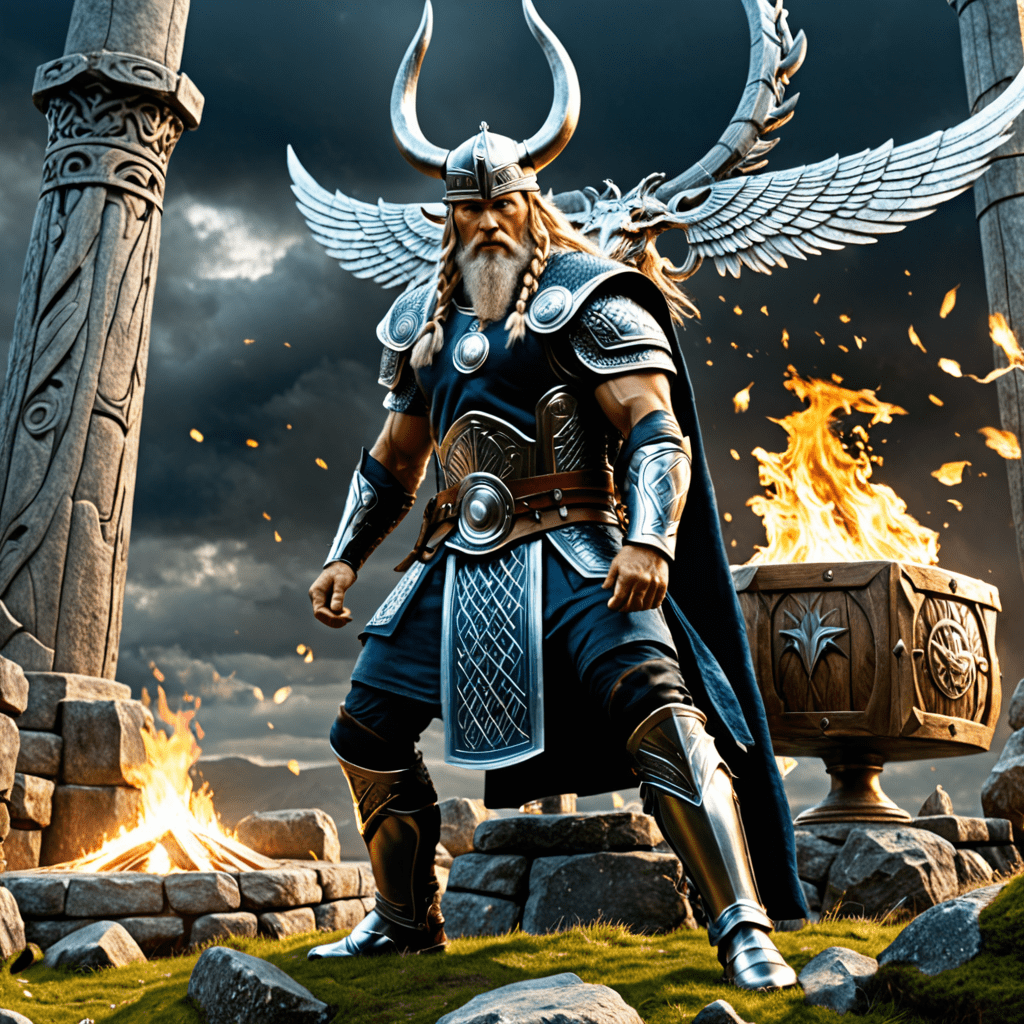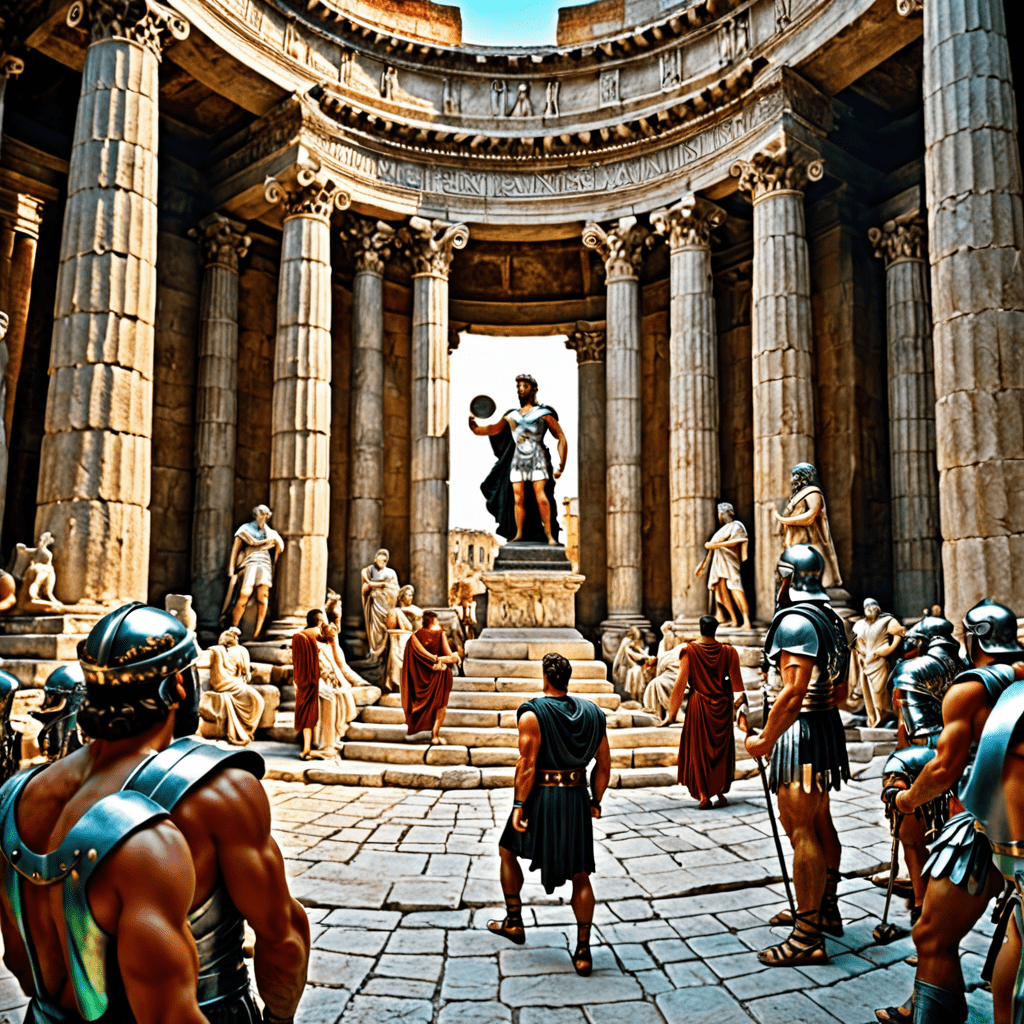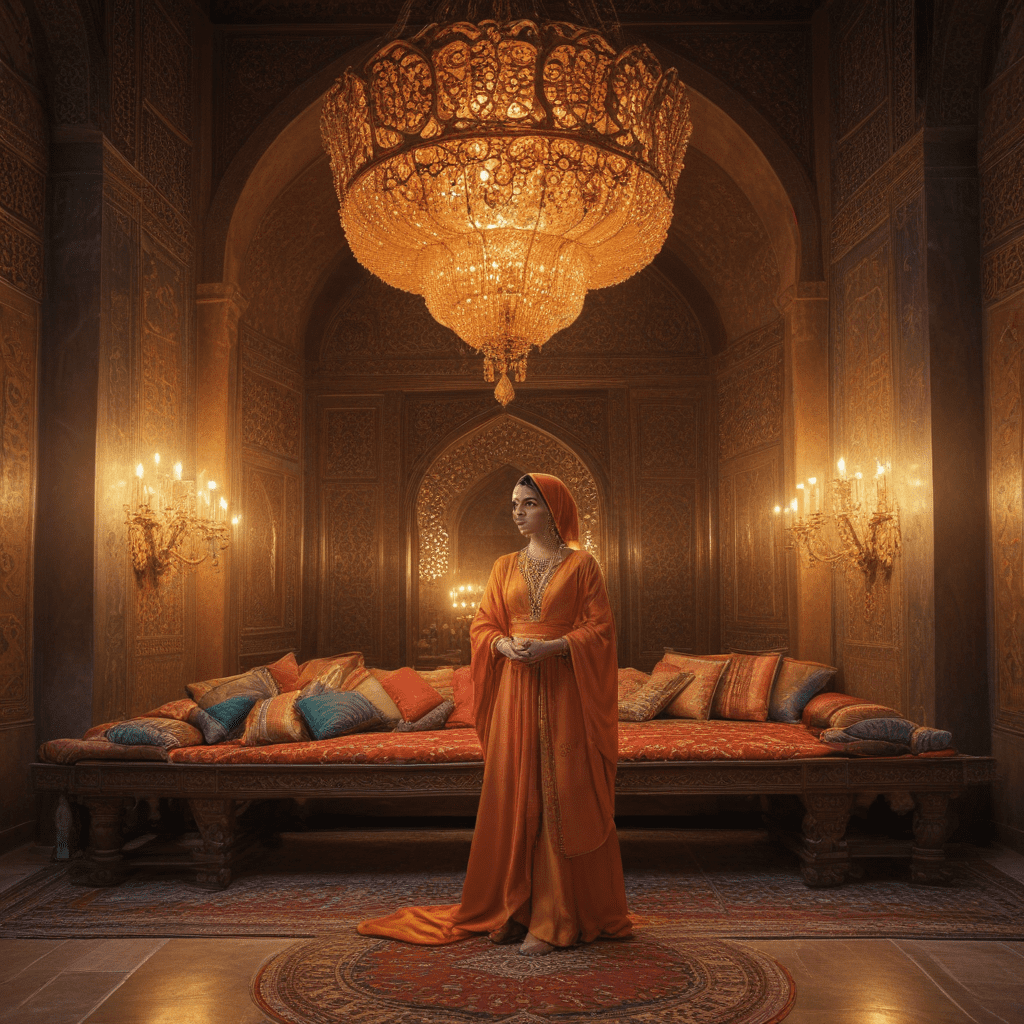The Intriguing Origins of Norse Mythology
Throughout history, Norse mythology has captivated individuals with its complex deities, epic tales, and rich symbolism. Let’s delve into the fascinating origins of this ancient belief system.
The Mythical World of the Norse
Norse mythology originates from the pre-Christian tribes of the Nordic regions, including present-day Scandinavia. The Vikings, known for their seafaring skills and conquests, were prominent believers in these myths. The Norse pantheon includes deities like Odin, Thor, Loki, and Freyja, each representing various aspects of life.
Creation and End-Times
The Norse cosmology revolves around two primary events: the creation of the world and its eventual destruction. In the beginning, there was a vast, dark void called Ginnungagap, from which the world of Yggdrasil, the World Tree, emerged. The cataclysmic battle of Ragnarok, where the gods fall in a final showdown, signifies the end of this world cycle and the beginning of a new one.
Mythological Influences and Legacy
Norse mythology bears influences from various sources, including Germanic folklore, Celtic traditions, and early Indo-European mythologies. These tales were not only fascinating narratives but also served to explain the natural phenomena and moral values to the ancient Norse communities.
Pervasiveness in Modern Culture
Despite the ancient origins of Norse mythology, its impact resonates strongly in modern times. Literature, art, film, and popular culture frequently draw upon these myths for inspiration, showcasing the enduring appeal and relevance of these legendary tales.
FAQ about the Intriguing Origins of Norse Mythology
What is Norse Mythology?
Norse Mythology refers to the myths, legends, and religious beliefs of the Scandinavian people during the Viking Age. These stories involve powerful gods, fierce giants, magical creatures, and epic quests that were central to Norse culture.
Who are the Main Figures in Norse Mythology?
The central figures in Norse Mythology are the gods and goddesses who reside in Asgard, including Odin, Thor, Loki, Freyja, and Frigg. These deities play key roles in shaping the Norse cosmos and influencing the lives of both mortals and immortals.
What are Some Key Norse Mythological Texts?
Some of the essential texts that contain Norse mythology include the Poetic Edda, the Prose Edda, and the sagas, such as the Völsunga saga and the Njáls saga. These sources provide valuable insights into the rich tapestry of Norse myths and legends.
What are the Origins of Norse Mythology?
Norse Mythology has its roots in pre-Christian, Germanic, and Scandinavian cultures. The Vikings passed down these oral traditions through storytelling, poetry, and rituals, which eventually evolved into the complex mythology we know today.



